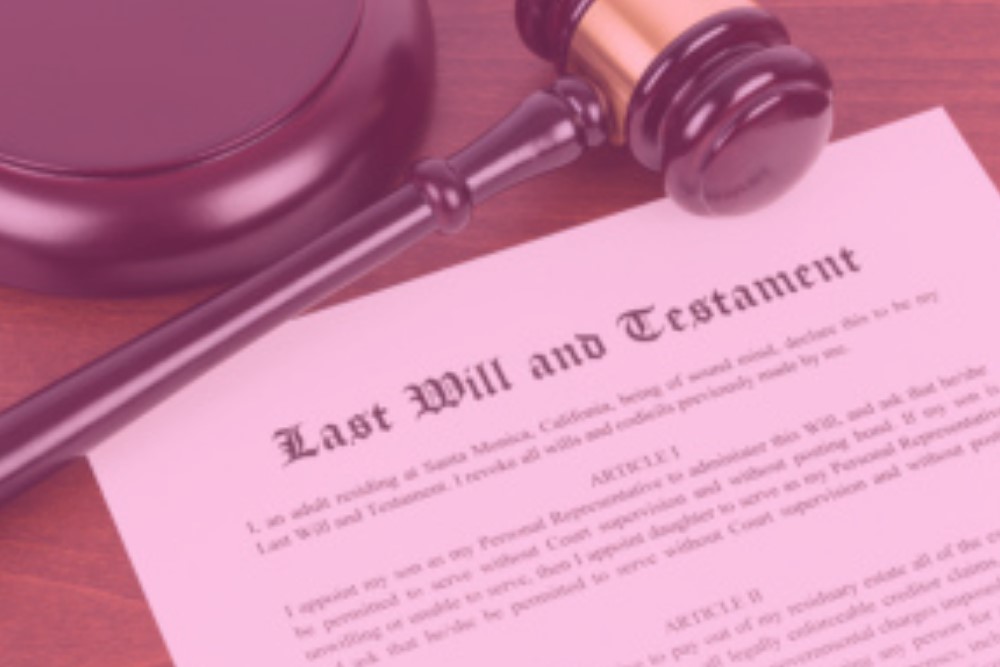When a person dies leaving a valid will, that will may subsequently be contested by someone who was expecting to inherit from the deceased’s estate. In Victoria, the Administration and Probate Act 1958 governs who can contest a will and the circumstances where the court will intervene. This page deals with contesting a will in Victoria.
Contesting a will vs challenging a will
A lot of people are not clear about the difference between contesting a will and challenging a will.
A person who contests a will is arguing that the provisions of the will are unfair because they do not make adequate provision for someone, usually a family member, to whom the deceased had an obligation.
In contrast, a person who challenges a will is arguing that the will is invalid and should be disregarded. This may be for a range of reasons, including because the testator did not have testamentary capacity, or because there is a possibility that the will is a forgery.
Testator family maintenance claim
A person who contests a will in Victoria is making a testator family maintenance (TFM) claim. This is a claim that the testator has an obligation towards the claimant and that their will failed to make provision for the person, or made inadequate provision for the person.
Under section 90 of the Administration and Probate Act 1958, a person is eligible to make a TFM claim if they are the testator’s:
- spouse or partner
- child
- former spouse or partner
- registered caring partner
- grandchild
- child’s spouse or partner
However, it is important to note that there are strict rules setting out the circumstances under which a claim can be made by a child, grandchild, former spouse or partner or child’s spouse or partner. These conditions are outlined below.
A TFM claim can also be made by a person who for a substantial period of time believed they were the child of the deceased.
Spouses and partners
A spouse or partner of a deceased person has priority to inherit from their estate. This includes registered partners and de facto partners .
Children
A child or stepchild of a deceased person is entitled to inherit from their estate if:
- they are under 18
- they are under 25 and still a full-time student
- they have a disability that impairs their capacity for social or economic participation.
Grandchildren
A grandchild can contest a will in Victoria only if they were dependent on the testator at the time of their death. To establish this, a grandchild must provide evidence that they were financially supported by the testator.
Carers
A carer is eligible to contest a will only if they are in a registered caring relationship with the deceased at the time of their death.
Former spouses and partners
A former spouse or partner is eligible to contest a will only if they were involving in family law proceedings against the testator, or were about to commence proceedings.
Will the court make an order?
Under section 91 of the Administration and Probate Act 1958, the court must not make an order unless it is satisfied:
- that the claimant is an eligible person
- that at the time of their death, the testator had a moral duty to provide for the claimant’s proper maintenance and support
- that the will (or the distribution of the estate under intestacy laws) fails to make adequate provision for the claimant’s proper maintenance and support.
Time limit
A testator’s family maintenance claim must be made within six months of the date of the Grant of Probate (section 99, Administration and Probate Act 1958). However, the court may extend this period if it considers it is appropriate to do so.
If you require legal advice or representation in any legal matter, please contact Taylor Rose.




